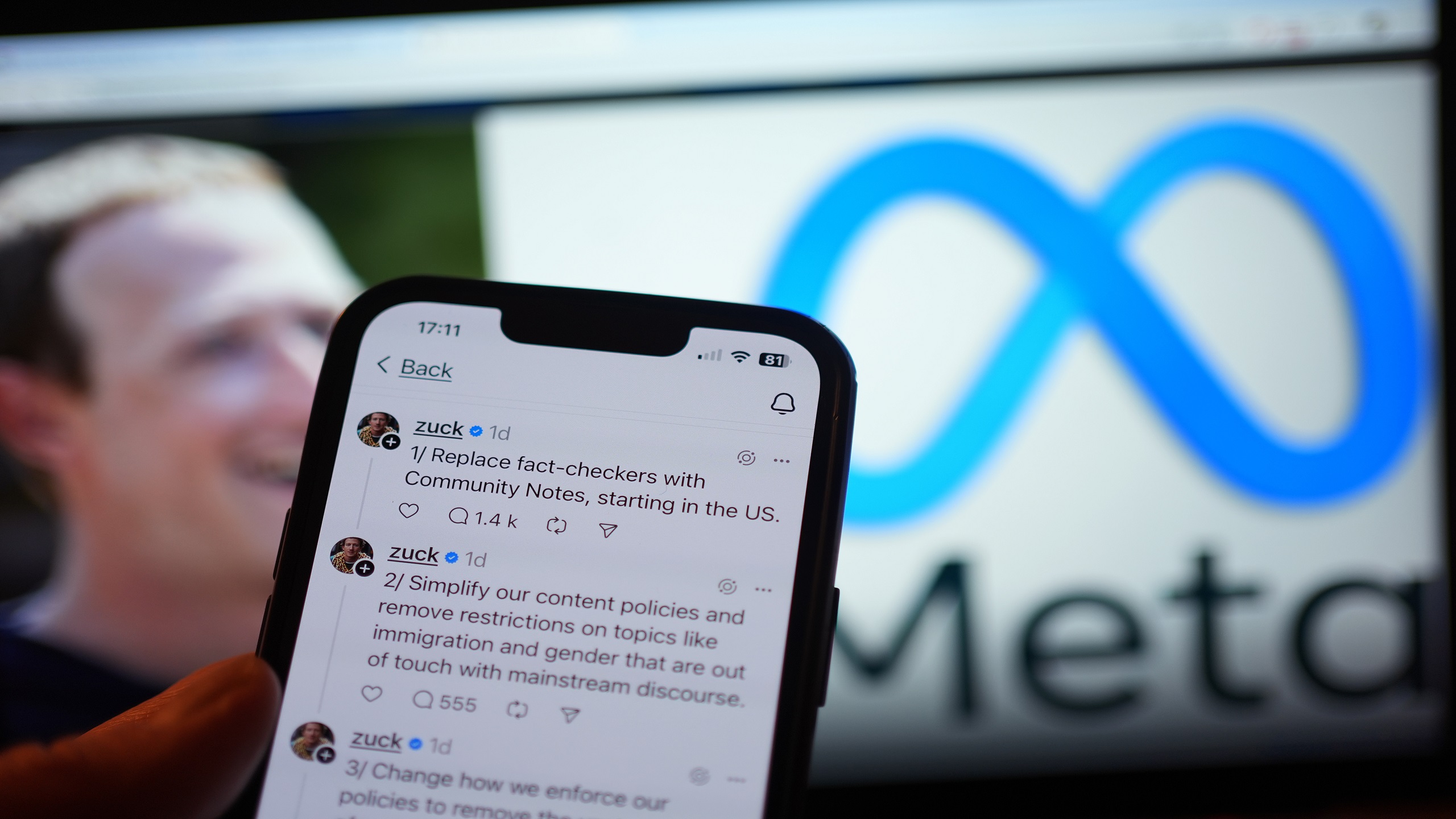Facebook Drops Fact-Checking, Sparking Concerns Over Hate Speech
In his latest report for The Media Line, Nathan Klabin explores Meta’s controversial decision to end Facebook’s fact-checking program in favor of a community notes model. CEO Mark Zuckerberg framed the move as a shift toward protecting free speech, a stance that many Trump supporters applauded. Yet experts warn this policy could lead to a surge in antisemitism, hate speech, and election interference.
Robert Rozett, senior historian at Yad Vashem, criticized the change as “a step in the wrong direction,” emphasizing the need to balance free expression with protections for vulnerable groups, particularly Jews. Tehilla Shwartz Altshuler from the Israel Democracy Institute warned that Meta’s new approach mirrors Elon Musk’s free-speech absolutism on X (formerly Twitter), which led to unchecked hate content. Digital diplomacy expert Arik Segal highlighted the financial motivation behind Meta’s decision, as controversial content often increases user engagement and advertising revenue.
This holiday season, give to:
Truth and understanding
The Media Line's intrepid correspondents are in Israel, Gaza, Lebanon, Syria and Pakistan providing first-person reporting.
They all said they cover it.
We see it.
We report with just one agenda: the truth.


Experts caution that community-led moderation allows harmful content to spread, with bad actors likely to exploit the new system. The Anti-Defamation League expressed concern that relying on user reports won’t effectively curb hate speech. Meanwhile, some users celebrated the shift as a win for free speech, though security analyst Nadja Bar-Ner accused Meta’s previous moderators of bias against Israel.
Meta’s stock has surged over 65% in 2024, driven by AI developments, yet concerns remain about the platform’s growing role in spreading harmful content. Rozett calls for global cooperation to tackle online hate through technology, education, and regulation. For a deeper analysis of Meta’s policy shift and its global implications, read Nathan Klabin’s full article on The Media Line.

